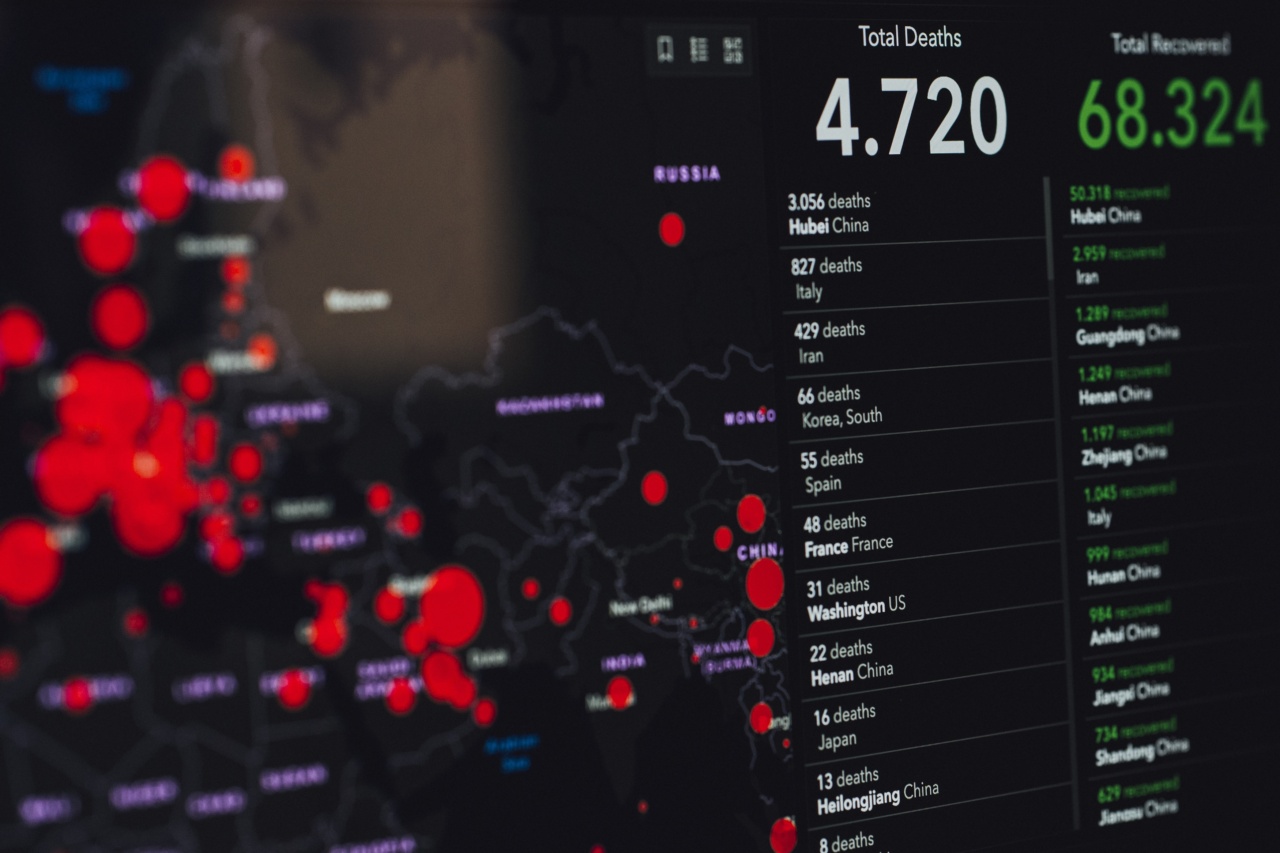Fake news is nothing new but the proliferation of social media platforms and the ease of sharing information have made it easier for fake news to spread across the world.
Fake news is false information that is deliberately spread through traditional media and social media platforms. This phenomenon has been a cause for concern since it can have serious and often dangerous consequences on society. This article examines the dangerous effects of fake news on society.
1. Spreading Fear and Panic
One of the most dangerous effects of fake news is the spread of fear and panic. Fake news stories are often sensationalized, which makes them more likely to be shared on social media platforms.
When these stories are shared widely, it can lead to panic among members of the public who are unsure if the story is true or not.
2. Misinforming the Public
Another dangerous effect of fake news is that it misinforms the public. When people read or hear false information, it is difficult for them to know what the truth is.
The misinformation can lead to all sorts of problems ranging from bad decisions to mistrust of authority. Misinformation can also lead to incorrect behaviors such as treating a disease with the wrong medication.
3. Intensifying Social Divides and Polarization
Fake news can also intensify social divides and polarization. Since fake news stories are often politically motivated, they can create divisions between different groups of people.
When people only read news that confirms their own beliefs or opinions, they become more entrenched in their beliefs, and it becomes harder to form a consensus on important issues.
4. Damaging Reputation and Credibility of Individuals and Organizations
Individuals or organizations that become victims of fake news can suffer serious damage to their reputation and credibility.
Fake news can be used as a tool to discredit political or business opponents, which can lead to a loss of confidence in the affected individuals or organizations. In some cases, people who are the victims of fake news can face criminal charges and other legal consequences.
5. Undermining Democratic Processes
Fake news can also undermine democratic processes. When voters are misinformed about the position or activities of political parties or candidates, they may vote for candidates that do not represent their interests or beliefs.
Fake news can also be used to influence the outcome of an election by spreading false information about the candidates or the voting process.
6. Inciting Violence and Hate Crimes
When fake news stories are spread, they can incite violence and hate crimes against individuals or groups of people. This is especially dangerous in countries where there are already simmering tensions around issues such as race, religion or sexuality.
Fake news stories that are spread about these issues can inflame tensions and lead to violent protests and other criminal activities.
7. Undermining Public Health Efforts
During pandemics or outbreaks of diseases, fake news can undermine public health efforts. Fake news stories spread about vaccines, medications, and other treatments can discourage people from seeking medical help.
This can lead to an increase in the number of infections and deaths from the disease. Misinformation can also create a false sense of security about the safety of certain behaviors, which can lead to an increase in the spread of the disease.
8. Reducing Trust in the Media and Journalists
Finally, fake news can reduce trust in the media and journalists, which can have serious consequences for society. When people do not trust the media, they are more likely to believe in conspiracy theories and other unfounded ideas.
It can also lead to a situation where people do not trust the media to provide reliable information about important issues. This can have serious consequences for the functioning of democracy since the media is an important source of information for voters.
Conclusion
Fake news is a serious problem that can have dangerous consequences for society.
It can spread fear and panic, misinform the public, intensify social divides, damage the reputation of individuals and organizations, undermine democratic processes, incite violence and hate crimes, undermine public health efforts, and reduce trust in the media and journalists. It is everyone’s responsibility to fight the spread of fake news and to ensure that the news stories being shared are accurate and reliable.































